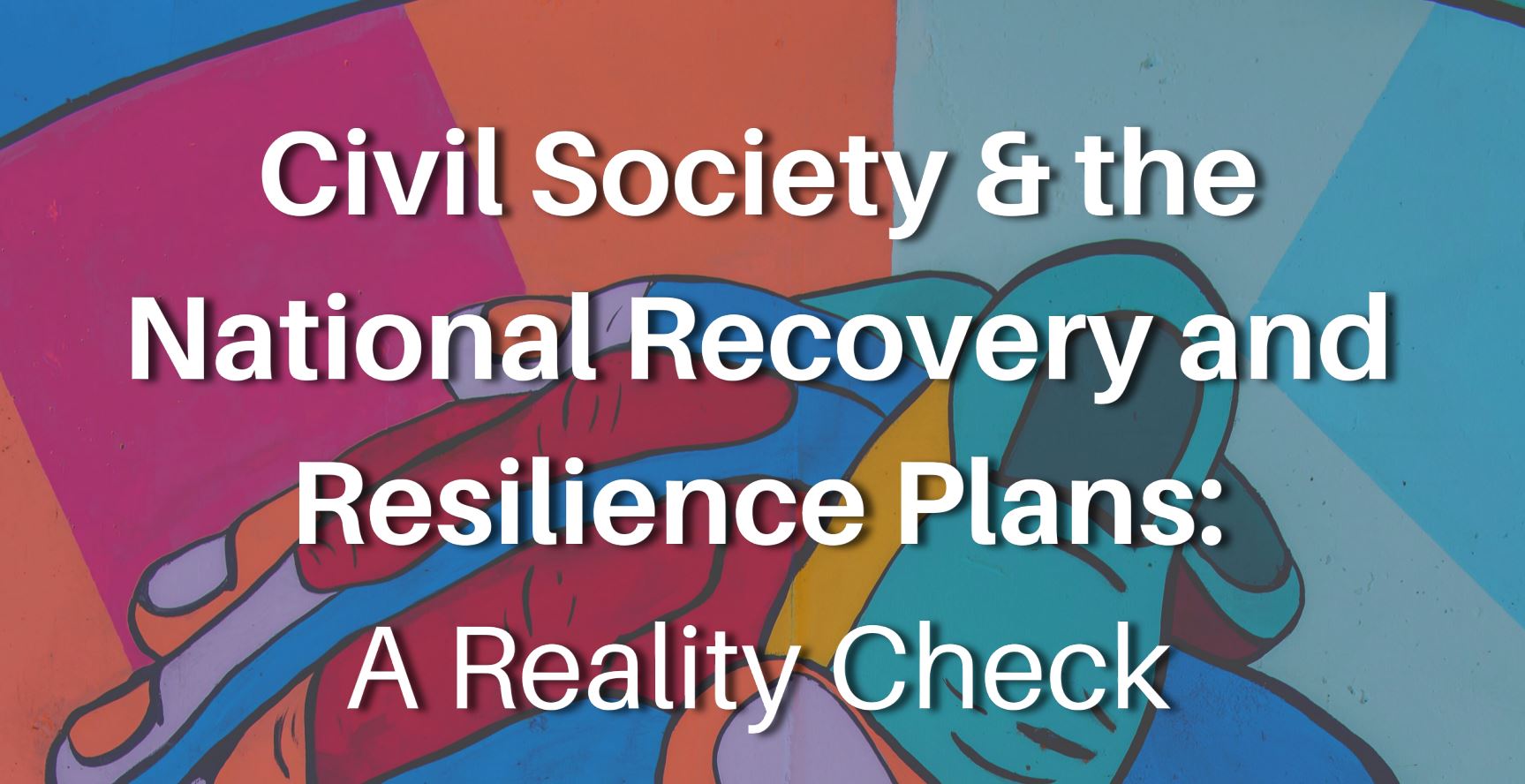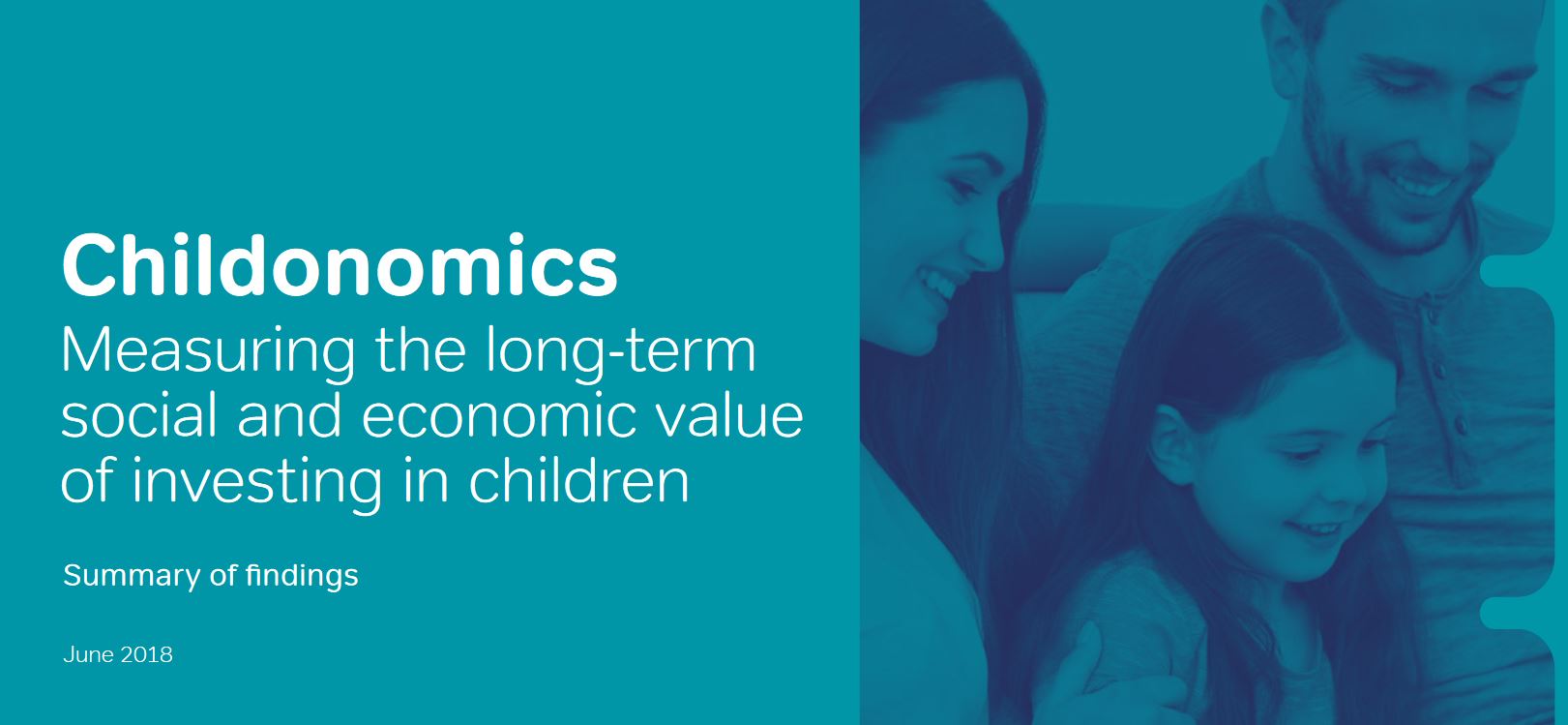Evidence and Evaluation Methodologies for Family and Parenting Support Policies and Practice
This Policy Position calls on the new leadership at the European Commission and European Parliament for a pluralist approach to evidence of effectiveness
While there is broad political consensus on the importance of investing in children and their families in the EU, and an increased emphasis on social policy experimentation, Eurochild has identified limitations of the EU’s narrow interpretation of assessment of effective investments and public spending choices in the area of family and parenting support.
In this policy position, developed based on a paper by UNESCO Child and Family Research Centre and in conjunction with its members, Eurochild calls on the new leadership at the European Commission and European Parliament for a pluralist approach to evidence of effectiveness - from what works to how it works and why, for whom, and in what contexts.
According to Eurochild, a new perspective is possible; the matrix approach to evidence evaluation explained in this policy position does not only offer better assessment of effectiveness but also gives greater weight to the different contexts in which children and families exist, and the practical wisdom of the service providers.





